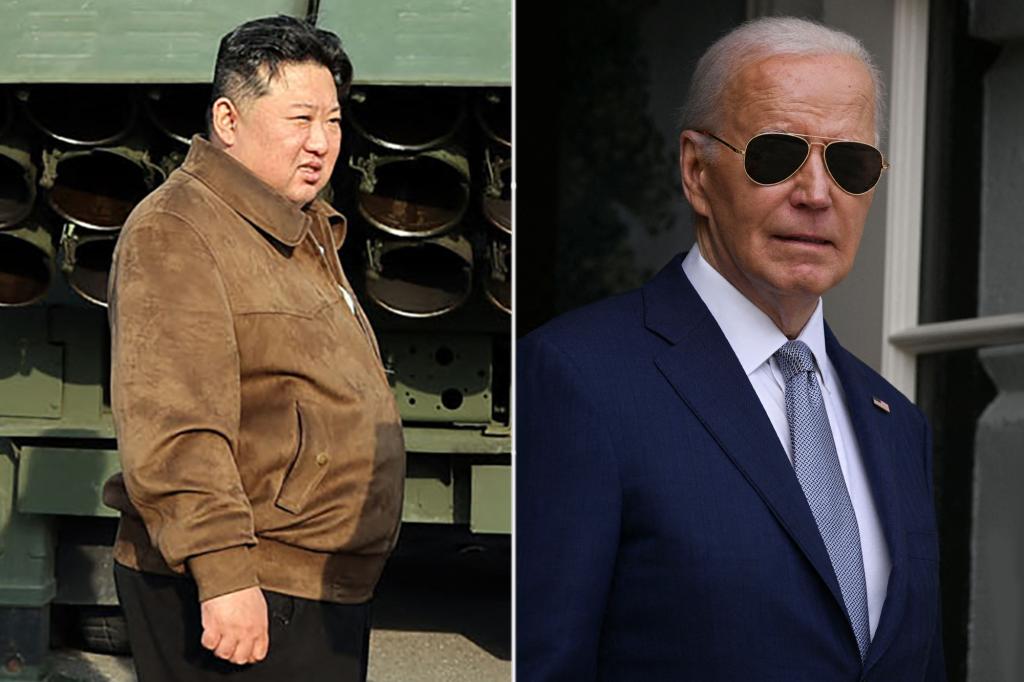President Biden made a gaffe during a campaign reception in California, referring to North Korean dictator Kim Jong Un as the president of South Korea, instead of the South Korean leader Yoon Suk Yeol. This mistake occurred as Biden criticized former President Donald Trump’s relationship with various world leaders, including the admiration for Putin. It is not the first time Biden has made a mistake involving the names of world leaders, as he had previously stumbled over Yoon’s name during a trip to South Korea and referred to Ukrainian President Volodymyr Zelensky as “Vladimir” during a NATO summit.
Biden’s blunders also extend to European leaders, as he mistakenly mentioned conversations about the Jan. 6 Capitol riot with former German Chancellor Helmut Kohl, instead of Angela Merkel, who is still alive. On multiple occasions, Biden has mixed up the names of current and former leaders from various countries, including France, Mexico, and Egypt. These gaffes have raised concerns about the president’s mental acuity as he seeks re-election in November. At 81 years old, Biden is the oldest president in American history and would be 86 at the end of a potential second term.
The president’s mistakes have occurred in various settings, from official state dinners to news conferences and campaign events. This trend of verbal blunders has sparked criticism from both political opponents and allies, as they question Biden’s ability to effectively represent the United States on the world stage. Despite his experience in politics, Biden’s frequent gaffes have overshadowed his policy initiatives and public appearances, drawing attention to his mental sharpness and cognitive abilities as he navigates the challenges of the presidency.
Biden’s slip-ups involving world leaders have garnered attention from the media and the public, with many questioning the implications of these mistakes on U.S. foreign relations and diplomatic efforts. The president’s confusion over the names of key international figures has led to diplomatic faux pas and potential misunderstandings with US allies. As the leader of a superpower, Biden’s words and actions carry significant weight in shaping global perceptions and relationships, making his verbal blunders all the more concerning for the administration and the American public.
The repeated instances of misidentifying world leaders by President Biden highlight the challenges of his age and tenure in office, as critics question his cognitive abilities and fitness for the presidency. With the upcoming election in November, the gaffes have become a focal point for both supporters and detractors of the Biden administration. As the oldest president in U.S. history, Biden faces heightened scrutiny over his mental acuity and capacity to handle the demands of the presidency, especially in the realm of international diplomacy where clear communication and accurate representation are critical for effective leadership.
In conclusion, President Biden’s verbal gaffes involving world leaders have raised concerns about his mental acuity and fitness for office as he seeks re-election in November. The repeated mistakes have overshadowed his policy initiatives and diplomatic efforts, drawing attention to his cognitive abilities and age as the oldest president in American history. The implications of these blunders on U.S. foreign relations and global perceptions remain a subject of debate and scrutiny as Biden navigates the challenges of the presidency.


